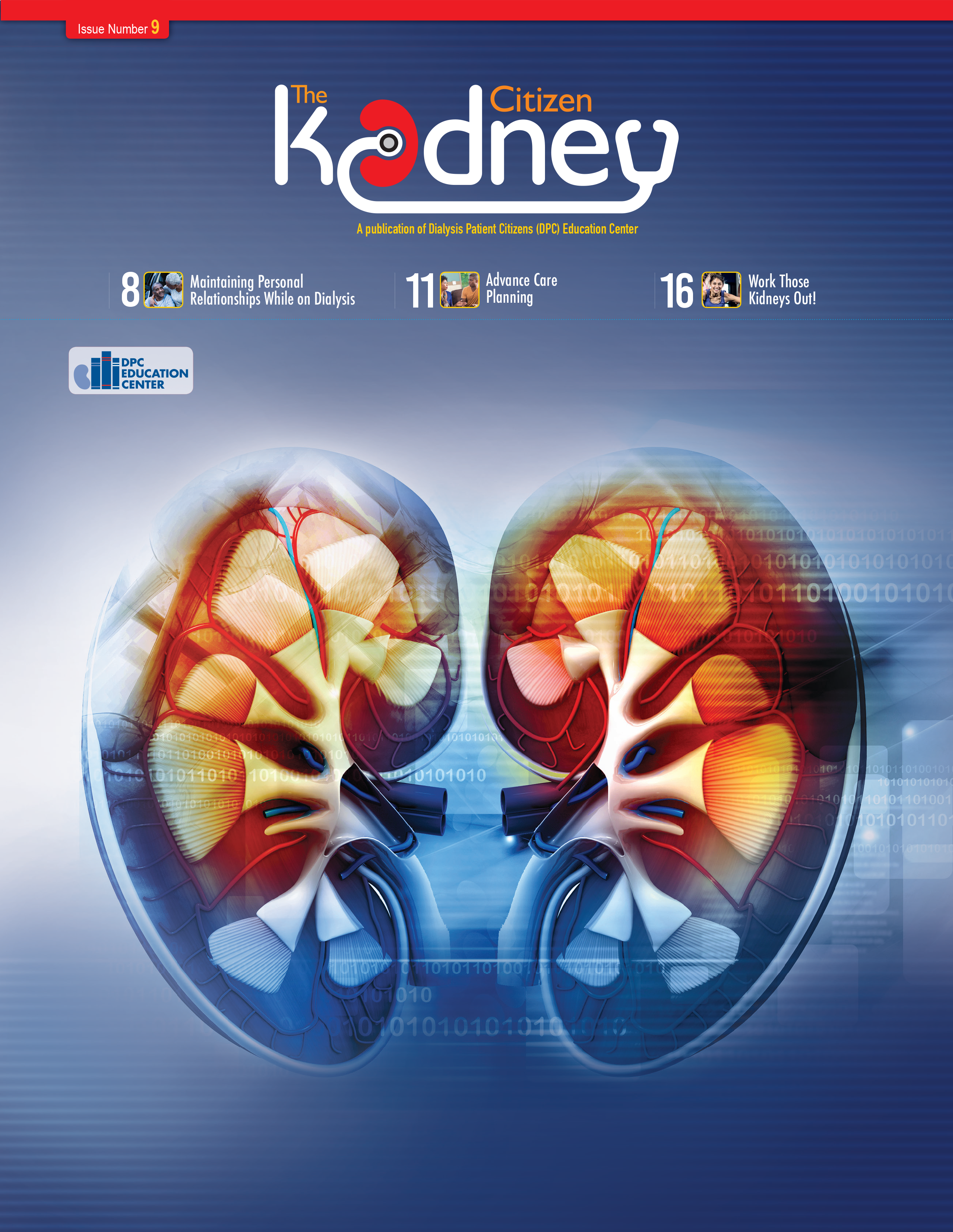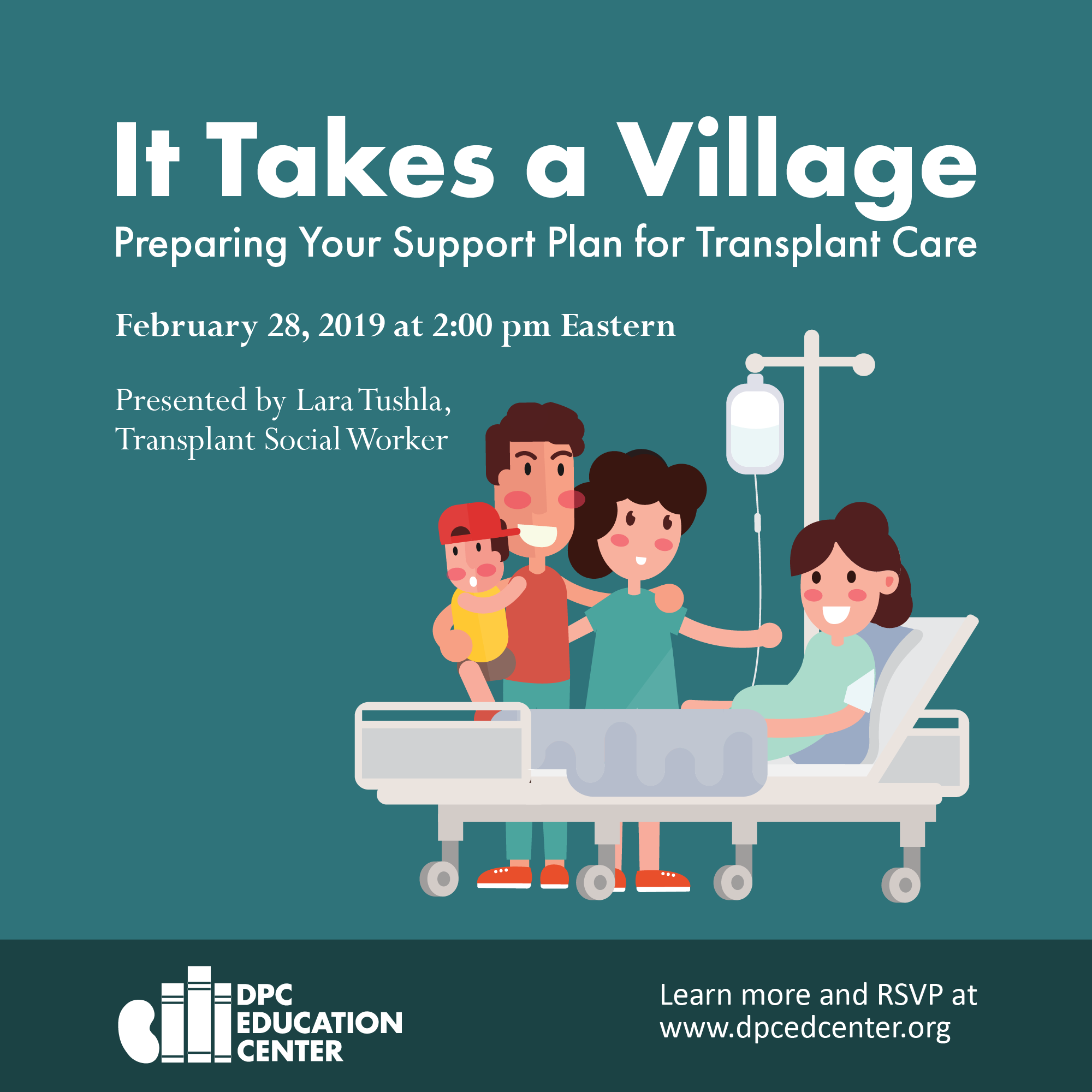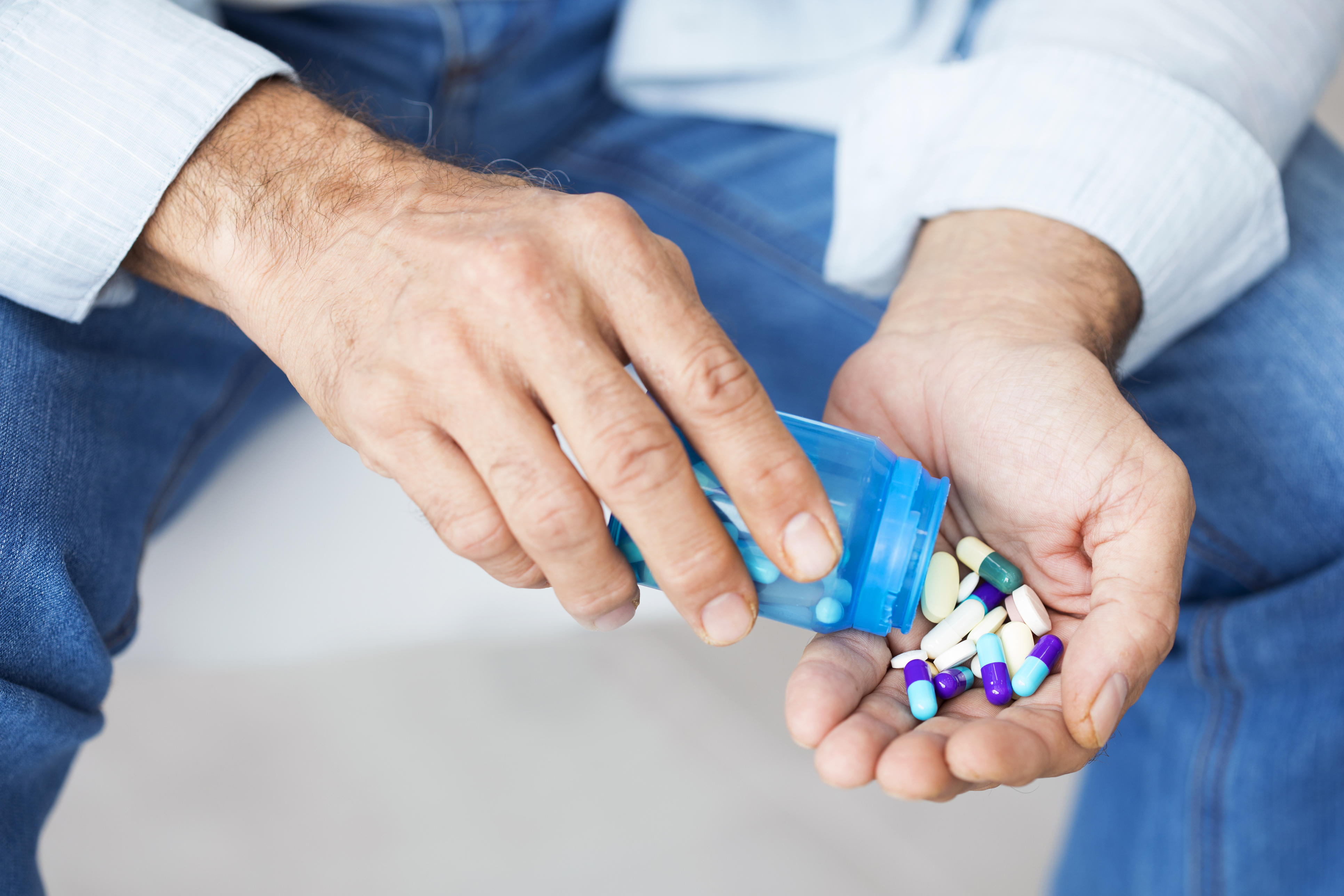Work Those Kidneys Out!
By Collette Powers, MA, RDN, LDN, ACSM EP-C We have all heard it, and we all know it. We have been told from our doctor, a friend or a loved one. Whether it is for controlling high cholesterol, managing weight, reducing blood sugar or keeping our bodies healthy overall, we have all been told at some point we should exercise. But did you know exercise may help protect your kidneys too? Fatigue is a common struggle that many patients with chronic kidney disease (CKD) face. When we are tired, our instinct is to rest. However, over time, that “rest” can [...]










